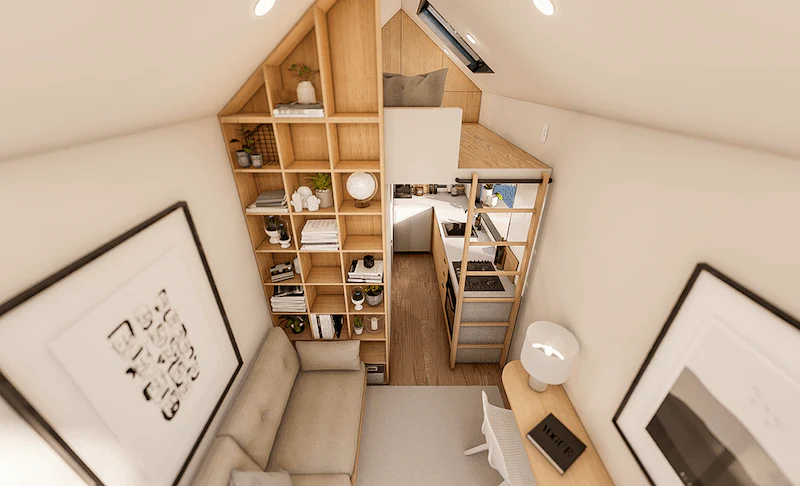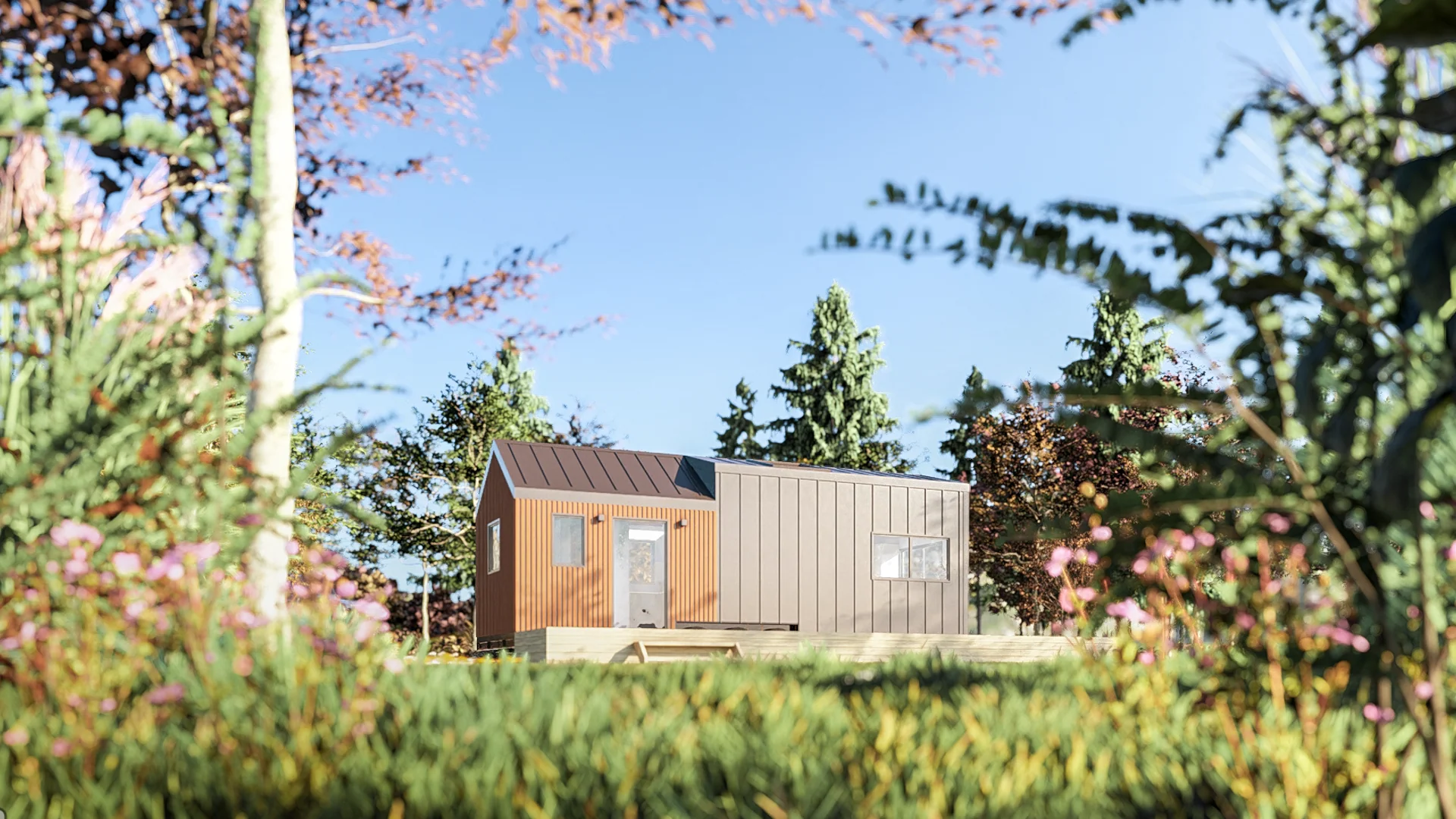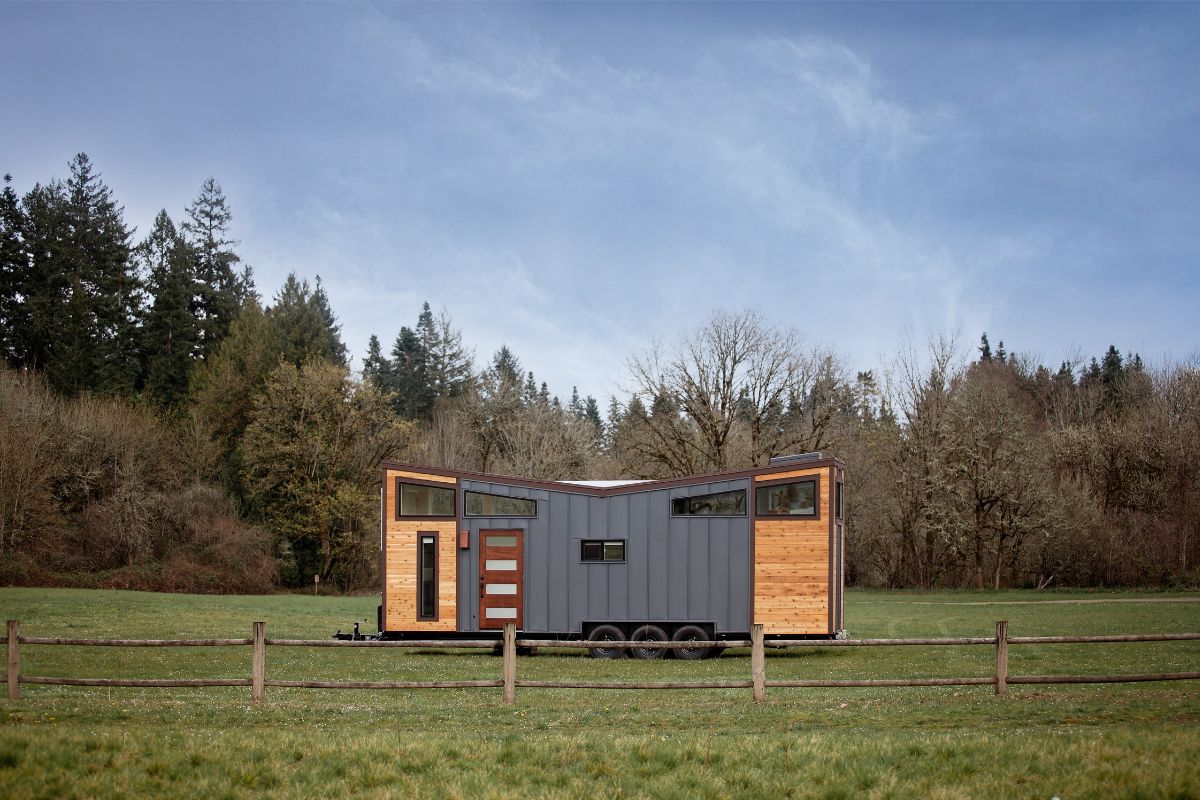How Does A Trailer’s Electrical System Work - A Guide For New RV Owners
.jpeg)
A trailer's electrical system is among the essential parts to understand as a new recreational vehicle (RV) or Tiny House on Wheels (THOW) owner. Power is one of the most vital things you must have while on a road trip. As much as possible, you want to feel at home while away and have everything you may need, and electricity can provide you with all that. With power, you can watch the TV, plug in your ventilation fan, refrigerator, interior and exterior lights, and many more.
But to ensure a constant power supply, you must first understand how the system works. Knowing this lets you know how much power you can draw, how to save energy, protect your appliances from electrical damage, and maintain your system. Additionally, it enables you to repair minor issues or know what to report to mechanics while looking for affordable electrical services. With that said, here's a simple guide to how a trailer's electrical system works!
Types Of Electrical Systems In A Trailer
Your camper or Tiny House has three electrical systems designed to keep the appliances in it running seamlessly. These systems use alternating (AC) and direct (DC) power supplies. The systems are:
- 12V DC Automotive System
This system emanates from chassis on class A or C units or tow vehicles for trailers. It regulates lighting outside your RV that engages it as you drive around the roads but can't supply power to the 12V DC electrical system. The battery in these vehicles is 12V, providing the energy required to start the car. When the engine runs, the alternator charges the battery and produces the vital energy to power signaling lights, headlights, marker lights, and brake lights.
A 12 volts DC automotive system is fed to the RV through cables linked at the hitch. Smaller vehicles have four connections for lighting only, while those with larger capacity have 6 or 7 cable wires, including those that control your trailer's brakes.
Both RVs, travel trailers and Tiny Homes on Wheels will all have this DC automotive system.
Pro tip: if your trailer lights aren't working, the first thing to check is the fuses in your tow vehicle. If they aren't blown, then the second thing to check is the wire grounding connected to your metal trailer chassis! A pour ground will prevent your lights from working properly.
- 12V DC RV System
This system is powered by a battery or numerous batteries installed on your trailer. You can charge these batteries using your RV's electrical system or maintain them with a charger connected to your trailer's AC electrical system. The 12-volt system is divided into circuits supplied from the trailer's fuse block. It powers appliances like a blender, refrigerator, coffee maker, and interior and exterior lighting.
Most RVs will have a DC system, but most tiny homes on wheels will not have a DC system.
Pro tip: if you're building a custom tiny home and you'll have DC system, we highly recommend getting a DC breaker panel instead of just a fuse box. This way you don't have to carry around extra fuses!
- 120V AC Electrical System
This is the last system in your RV. It powers all the outlets, including washers, dryers, microwaves, etc. This system only works when you connect it to shore power or a generator (or solar power!), and you can use 20, 30, or 50 amps cords to supply the power. The 30 amp has three prongs, and the 50 amp has four. With 50 amps, you can use more electricity compared to when using 30 amps. In addition, if your RV has a capacity of 50 amps, you can adapt it to 30 amps and everything will work properly, but the reverse won't always work properly.
.jpeg)
Power Sources For An RV Electrical system
As explained above, RV utilizes alternating and direct current to power your truck and other devices you may need to use for your daily activities. The RV is just like your tiny home; you need electricity to do most of your everyday activities as you would in your actual home. However, for the trailer to operate, it requires a power system to charge it. Below are some of the power sources:
- Batteries
RV batteries are developed for deep cycles with thick plates that discharge and charge. They power the home appliances in your trailer when no external power is available. The length of time your batteries will last is determined by your power draw and size of your battery bank. Your battery charges whenever you connect an external power source to your RV.
- Shore Power
An RV shore power is when you connect your trailer to a main power grid supply. After plugging your RV into a power grid, the shore power provides electricity to any AC electrical gadget onboard. Also, the inverter converts this power to DC, which charges your camper's battery.
The power here is measured in amperes. The RV connectors are made up of 30 amps and 50 amps. You can use them to connect to a line that runs from a power source but always be keen on low amp-amp power. You may destroy your RV's electrical system if you draw more electricity than the show power line. You might blow the fuses or power sources.
- Solar Power
RV solar panels are available to mount on the top of your trailer. They draw their energy from the sun and convert it into electrical current, sending it to your RV's battery bank. The primary purpose of these sources is to charge your RV's battery. Unlike shore power, they produce DC power, meaning the amount of energy your battery generates is limited.
The good thing about solar power is that you don't need electric hookups. The solar continuously charges your battery so long as the sun is available. It ensures your battery is always charged, thus extending its life. However, solar panels are weather dependent. It's dependent on the sun's exposure for it to work effectively.
Learn more about Solar Power here.
- Generator
RV generators provide power to several devices and appliances in your camper. Like shore power, they supply AC power. It also gives electricity through circuit breaker panels to the equipment. It also feeds power to your converter, which charges your RV house batteries.
The RV generators serve two primary purposes in your trailer. First, store energy within your camper's house battery. Second, you can use it as a direct plug-in for 120V AC power outlets.
Maintaining Your RV Electrical System
The best way to prevent significant issues in your trailer electric system is by frequently maintaining and inspecting it. Check your batteries and all their connections to ensure they're clean and safe. On the other hand, confirm that all the electrical panels are in place to provide you with sufficient power. Also, check for corrosion often to ensure everything is in excellent condition.
Conclusion
Electrical systems may look complex, especially if you're not an electrical engineer. Fortunately, when you understand how it works and its basic functions, you realize it's the easiest thing to learn. The guide above provides you with the crucial information you can employ to care for your RV and appliances and ensure you have a constant power supply while on an adventure.









.jpg)